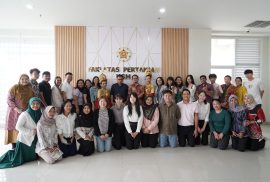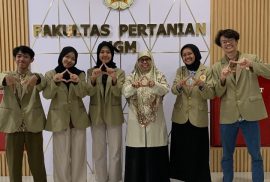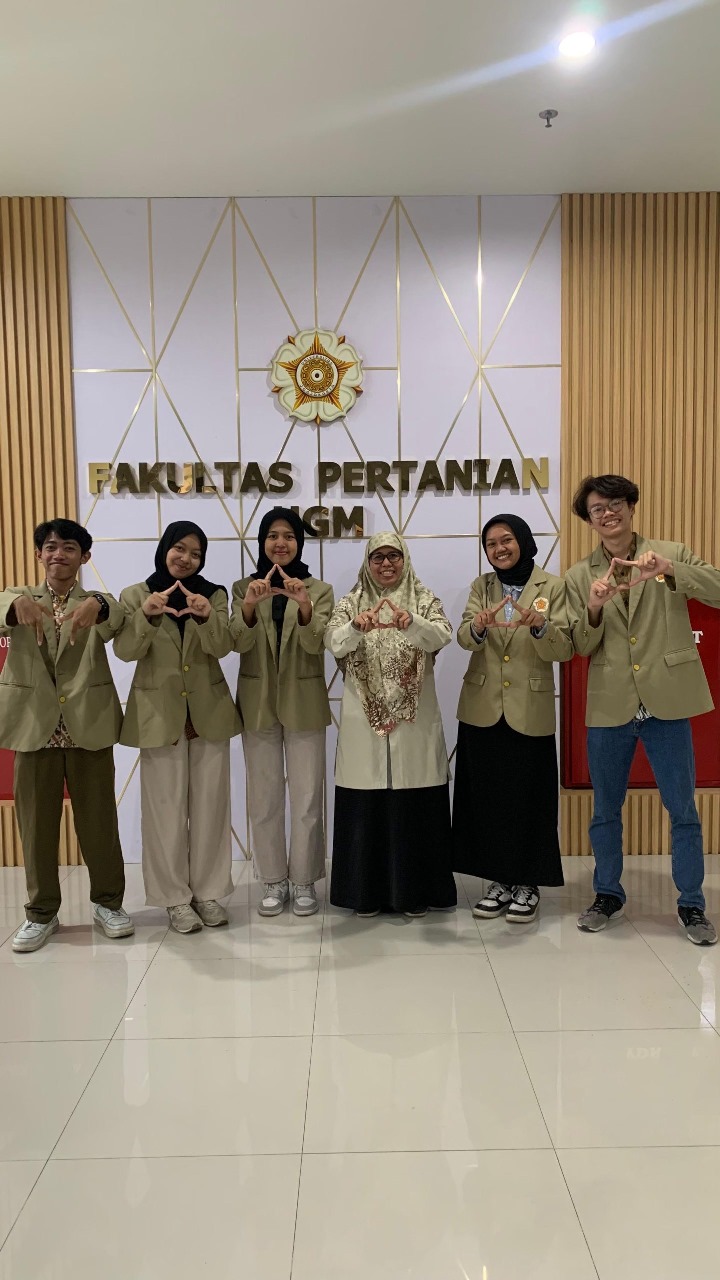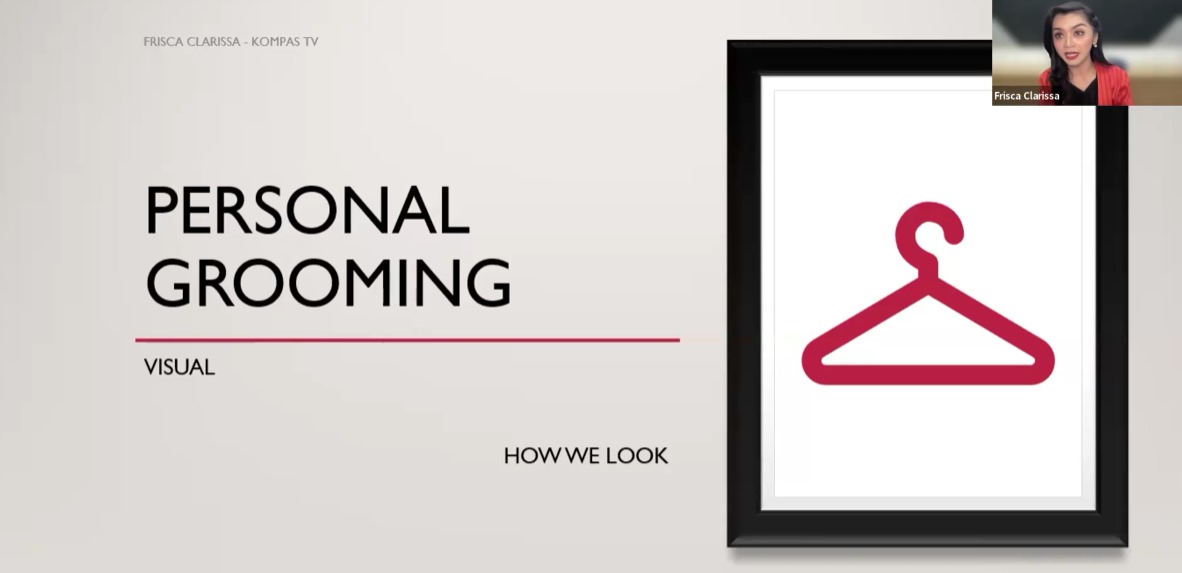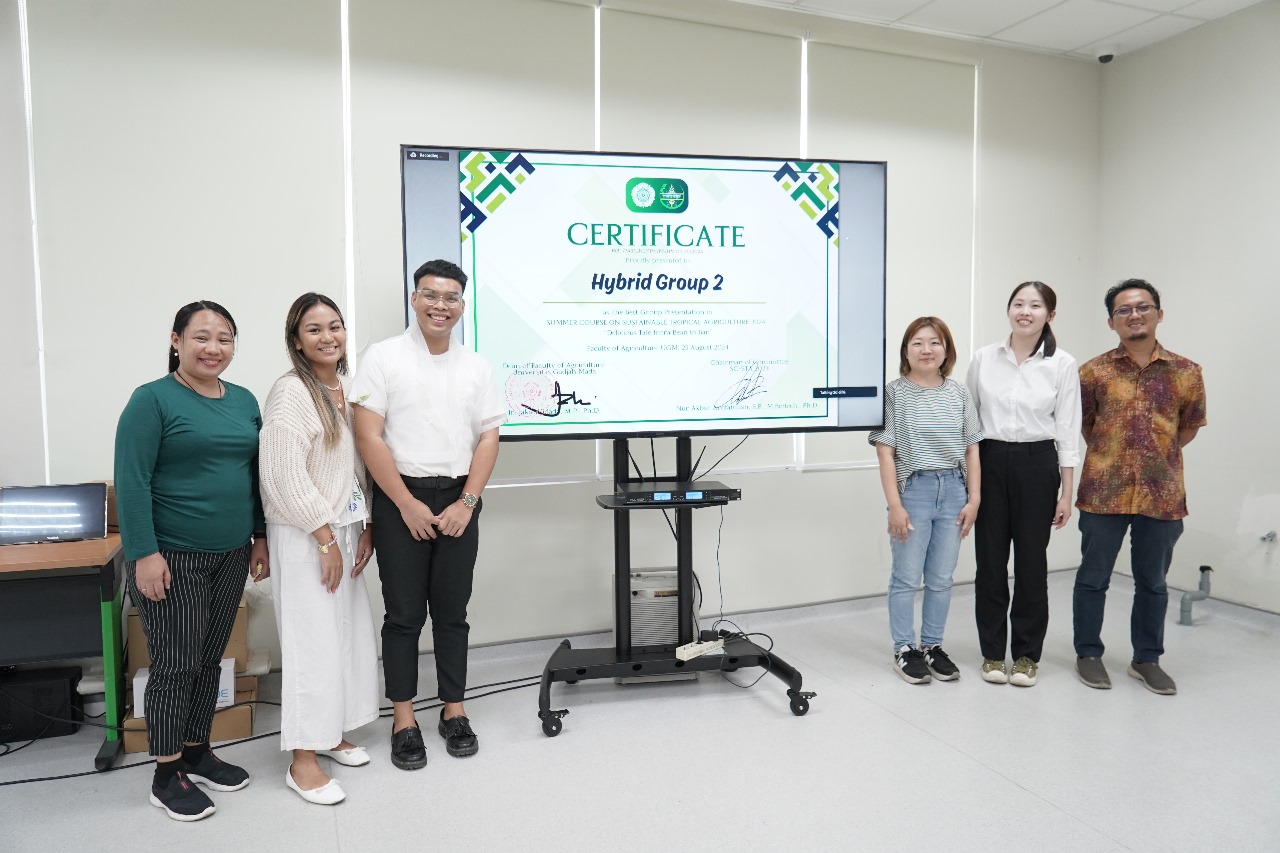
The Faculty of Agriculture Universitas Gadjah Mada (Faperta UGM) has successfully concluded the Summer Course on Sustainable Tropical Agriculture 2024 (SC-STA 2024), which commenced on 15 July 2024. The program’s closing event featured a final presentation by 20 international students from the Philippines, Malaysia, China, Japan, and Yemen. The participants presented their insights gained through pre-course activities and field trips in a 10-minute video presentation, addressing the challenges they observed and proposing potential solutions.

